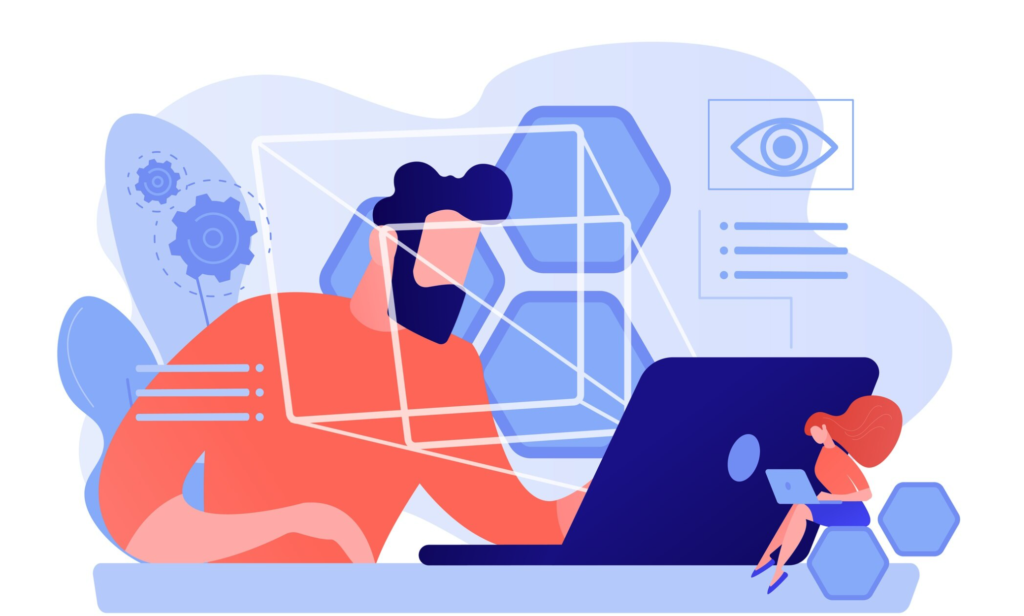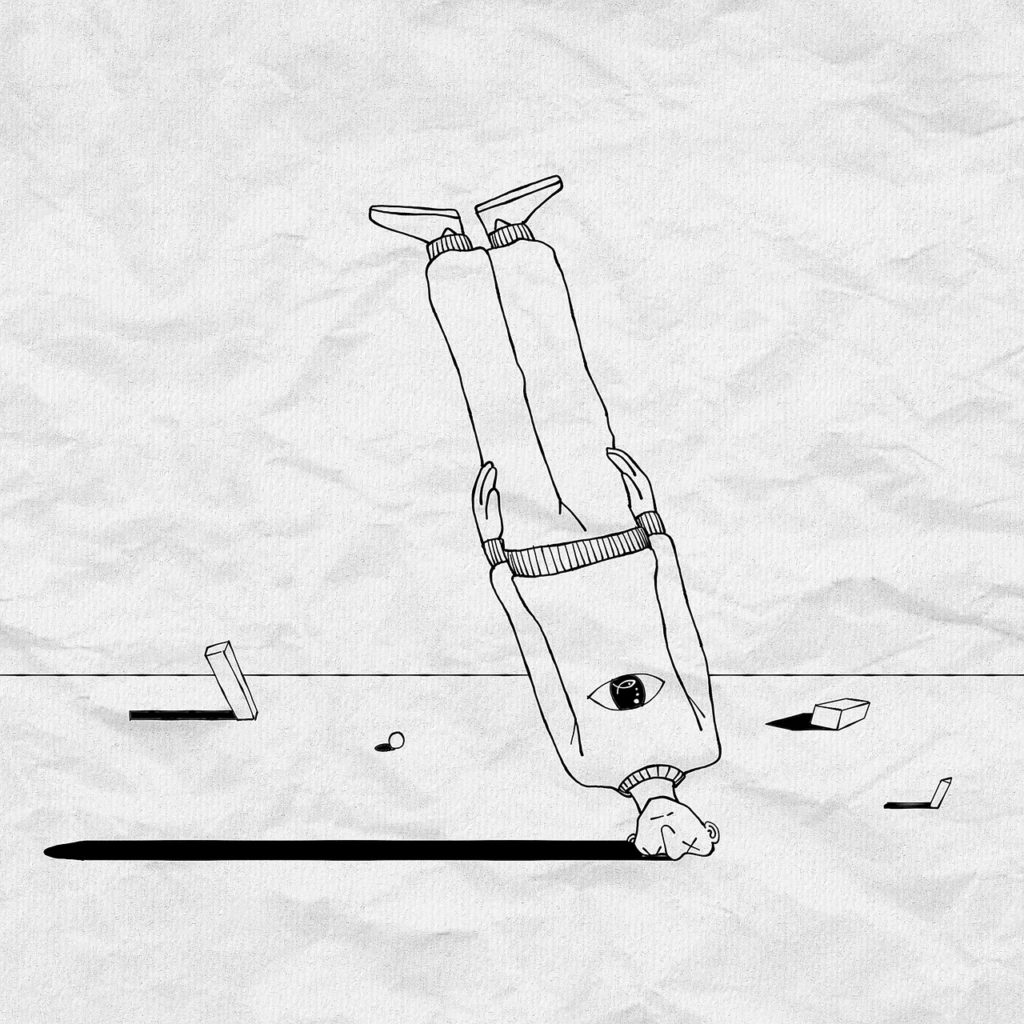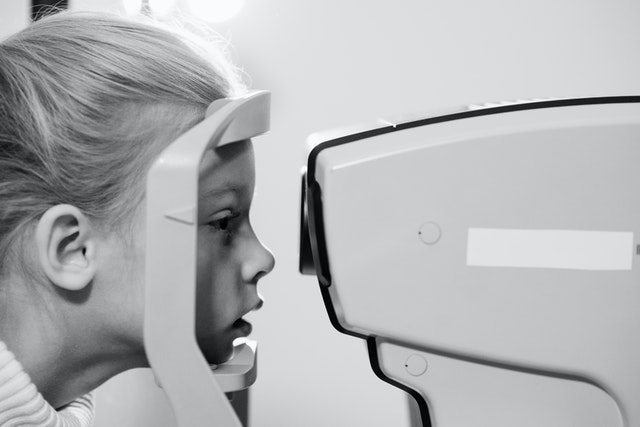With so many people working remotely and spending a lot of time on a computer, we are seeing an increase of interest in the topic of blue light.
Blue light is a type of visible light that has a relatively high energy level and a short wavelength, typically ranging from about 380 to 500 nanometers. It is a natural component of sunlight, and it also emanates from various artificial sources, including digital screens (like computers, smartphones, and tablets), LED and fluorescent lighting, and some household appliances.
Concerns about blue light primarily revolve around its potential impact on human health, particularly regarding eye strain and sleep disturbances. Here’s what you should know about blue light and what you can do to address these concerns:
Eye Strain
Blue 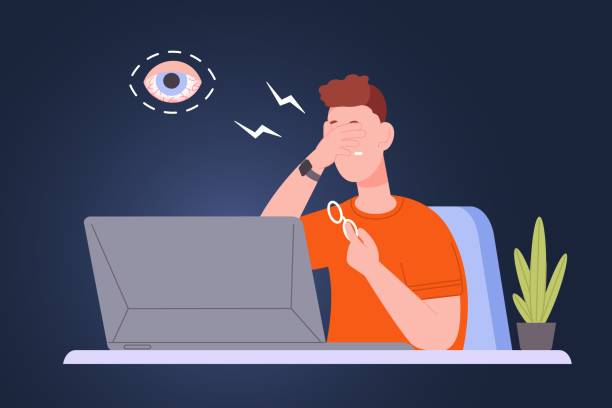 light, especially from digital screens, is often associated with digital eye strain or computer vision syndrome. Prolonged exposure to screens can cause discomfort, dry eyes, blurred vision, and eye fatigue
light, especially from digital screens, is often associated with digital eye strain or computer vision syndrome. Prolonged exposure to screens can cause discomfort, dry eyes, blurred vision, and eye fatigue
To reduce eye strain:
- Take regular breaks: Follow the 20-20-20 ruleevery 20 minutes, look at something 20 feet away for at least 20 seconds.
- Adjust screen settings: Reduce screen brightness, use blue light filters or night mode settings, and enlarge text for easier reading.
Sleep Disruption
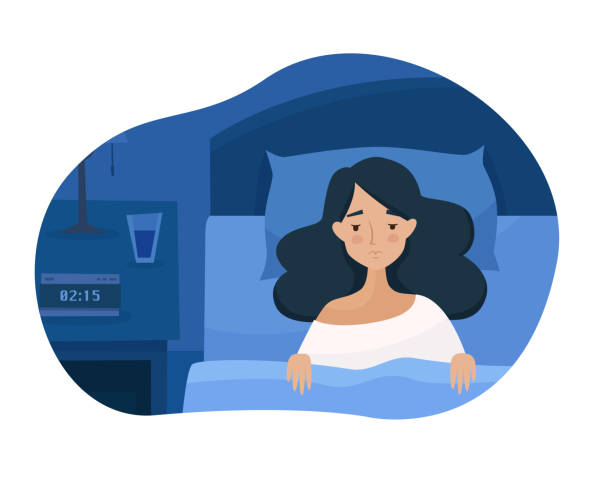
- Blue light exposure, especially in the evening, can interfere with the body’s natural circadian rhythm, making it harder to fall asleep. Exposure to blue light from screens may suppress the production of melatonin, a hormone that regulates sleep.
To reduce the impact:
- Avoid screens before bedtime: Try to limit screen time in the hour or two before going to bed, and consider using blue light filters on your devices or wearing blue light-blocking glasses.
- Opt for warm lighting: Use warm, yellow, or red lighting in the evening, which has less impact on circadian rhythms.
Concerns about Long-Term Effects
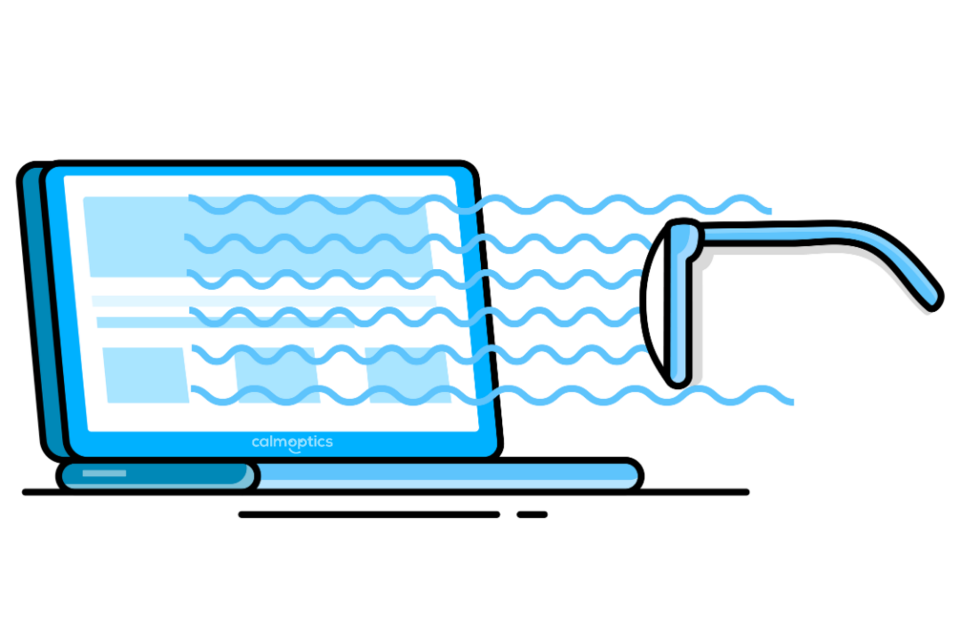

Some studies have raised concerns about the potential long-term effects of excessive blue light exposure on eye health and the potential for retinal damage. However, more research is needed to fully understand these potential risks.
To address blue light-related concerns:
- Blue light filters: Many devices offer blue light filter settings (e.g., Night Shift on iOS and Night Light on Android). These filters reduce blue light emission, especially during the evening hours.
- Blue light-blocking lenses: These lenses are designed to filter or block blue light, reducing its impact on your eyes and sleep. They can be worn when using screens or under artificial lighting. This has become an increasingly popular add-on at Sight Care.
- Use lighting alternatives: Consider using warm, dim lighting, like incandescent or warm LED bulbs in your home during the evening to reduce blue light exposure.
- Limit screen time: Reduce screen time, especially before bedtime. Encourage a healthy balance of digital device use and other activities, like reading, outdoor play, and relaxation.
In general, while concerns about blue light are valid, most people do not need to be overly alarmed. Practicing good screen hygiene, taking breaks, and using blue light filters can help reduce potential negative effects.
If you are uncertain about anything regarding the amount of screen time that may be appropriate for your child, we recommend that you visit an Optometrist to get all your questions answered. You can make an appointment with us online at https://sightcareoptometry.com/.
Note: This posting is for informational purposes only and does not attempt to diagnose or
recommend treatment for any condition. Please refer to the Ontario Association Optometrists website (https://optom.on.ca/eye-health-library) for more information or consult an Optometrist if you are experiencing eyesight issues.


